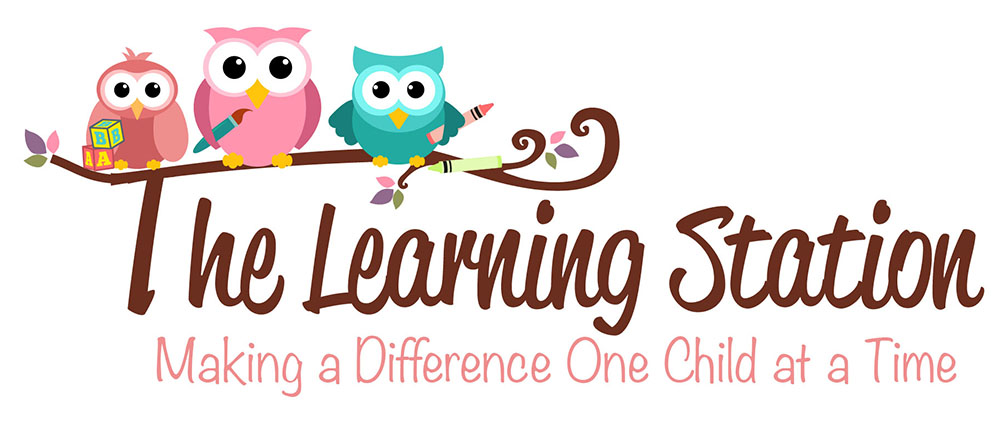It’s a new year and for many of us that means resolutions and new goals. At The Learning Station we are all about goal setting-especially when those goals benefit children. One of the simplest things a family can do to grow closer and be healthier is to sit down together and eat as a family. Maybe you’ll consider making that one of your New Year’s resolutions this year. Here are a few reasons why it’s so important-
-Children who eat at the table with their families are less likely to be overweight and develop diabetes. 1 in 5 American children is obese. A serious concern. Children who are having family dinners at home eat more fruits and vegetables and less processed foods than those who do not.
-Family dinner is the perfect time and place to model expectations for manners and character. It provides a setting for conversation and engagement in a way that sitting in front of a television does not.
-As children get older they are less likely to share and be open with their parents about the details of their lives. The biggest factor? Eating dinner together as a family. Studies have shown that school age children and teens who have frequent family dinners are less at risk for alcohol and drug use and get better grades. Those facts are astounding for something seemingly so insignificant.
A study by North Dakota State University found the following to be true about the effects of family meals on children’s emotional health and overall well being:
“Family meals allow parents an opportunity to be aware of and monitor their children’s moods, behaviors and activities with friends. This kind of parental monitoring is important for parents to be able to know what their kids are doing, who they are with, and where and when their activities are taking place.
Family meals give regular structure and routine to a child’s day. If a child knows that he or she can expect a reliable schedule, it increases his or her sense of security and improves well-being.
Family meals make a positive impact on young children’s language acquisition and literacy development. Family meals furnish a daily opportunity for a parent or sibling to speak to an infant or toddler, and help them learn words, understand language and build conversation.
Finally, a striking number of studies give specific and wide-ranging evidence that family meals are an important “protective factor” in the lives of children and teenagers. Family meals are associated with a variety of positive outcomes that improve child well-being. These include a decreased risk of substance use or delinquency, heightened personal and social well-being, and better academic performancThese studies and statistics are astounding when weighed against the small cost of making time for regular family meals. We encourage you to do what you can to make it a priority for your family this year and for the years to come.

